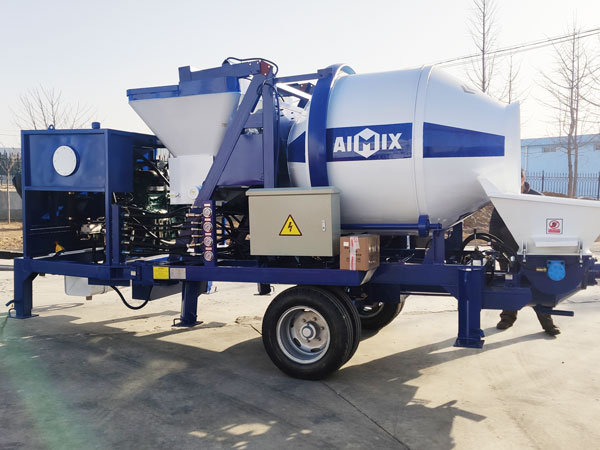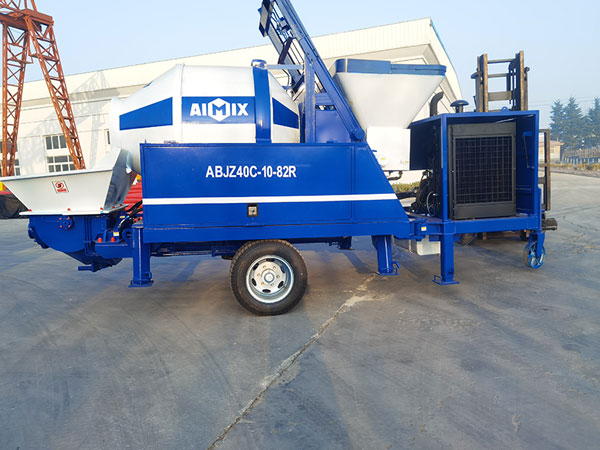3 Common Mistakes to Avoid When Buying a Concrete Mixer And Pump
If you’re in the market for a concrete mixer and pump, it’s important to avoid making common mistakes. In this guide, you’ll learn some tips to help you make the right purchase.
1. Not Checking The Size Of The Mixer And Pump
Any construction project that involves concrete should also involve a concrete mixer and pump. Without these two pieces of equipment, it would be impossible to pour and shape the concrete. However, choosing the right mixer and pump is not always as simple as it seems. There are a few mistakes that people often make when choosing a concrete mixer and pump.

Cement Mixer Pump
One of the most common mistakes is not checking the size of the mixer and pump. This can lead to problems because if the mixer and pump are too small, they will not be able to handle the amount of concrete that is needed. On the other hand, if they are too big, they will be difficult to maneuver and will use more energy than necessary.
2. Choosing A Mixer That Is Too Small For The Project
This often happens when people are unaware of the total volume of concrete required or they underestimate the amount of time it will take to mix and pour the concrete. As a result, they end up with a concrete mixer that can’t handle the job and they’re forced to either rent a larger one or make multiple trips to the store for more concrete.

Concrete Mixer Pump
To avoid this mistake, be sure to accurately calculate the total volume of concrete needed before choosing a mixer. Another common mistake is failing to take into account the environment in which the mixer will be used. If the job site has limited access or if there’s a risk of adverse weather conditions, be sure to choose a model that is designed for those conditions. For example, some mixers come with tires that can navigate rough terrain, while others have powder-coated finishes that resist rust and corrosion. Failing to consider these factors can result in a mixer that isn’t up to the task and ultimately leads to frustration and delays. View more here: https://aimix.ke/concrete-pump-for-sale-in-kenya/.
3. Not Considering The Power Requirements Of The Mixer
Not all mixers are created equal, and if you choose one that doesn’t have the right power requirements, you could end up with a big mess on your hands. For example, if you’re working with a large amount of concrete, you’ll need a mixer with a high-horsepower engine to ensure that it can handle the load. Conversely, if you’re only mixing a small amount of concrete, you might be able to get away with a less powerful mixer. It’s also important to make sure that the mixer you choose is compatible with the concrete pump for sale you’re using. If they’re not properly matched, you could end up damaging both pieces of equipment.
People sometimes make the mistake of assuming that all concrete mixers and pumps are the same. However, there are actually a wide variety of mixers and pumps on the market, so it is important to take the time to find one that is right for your project.